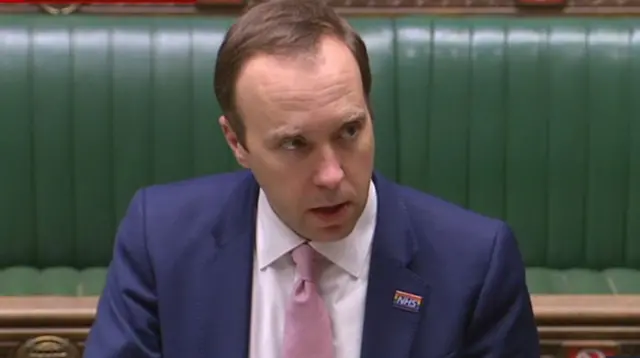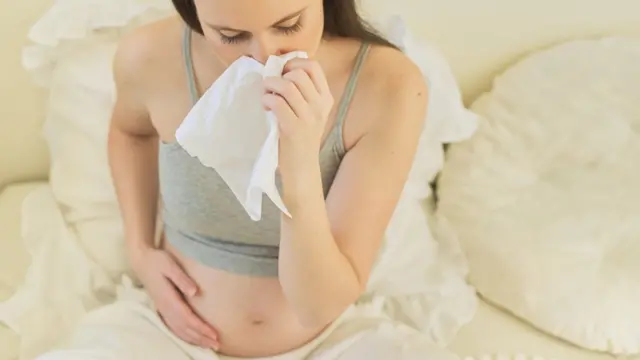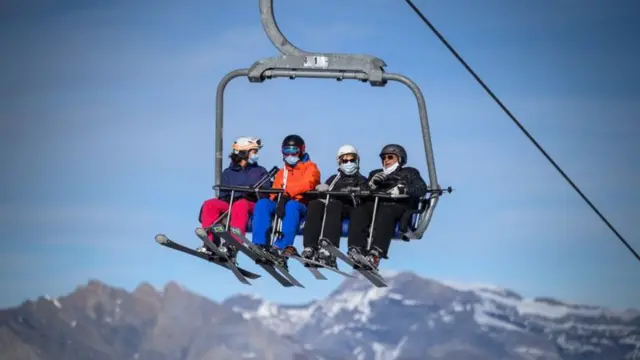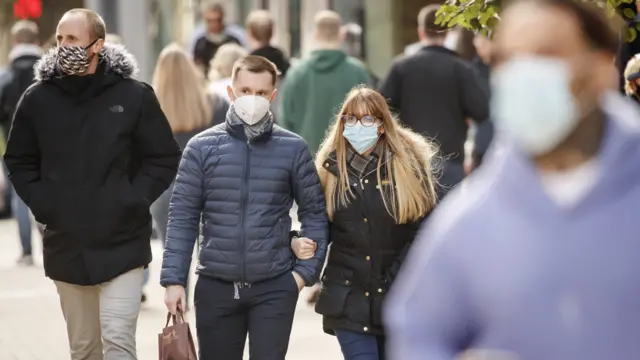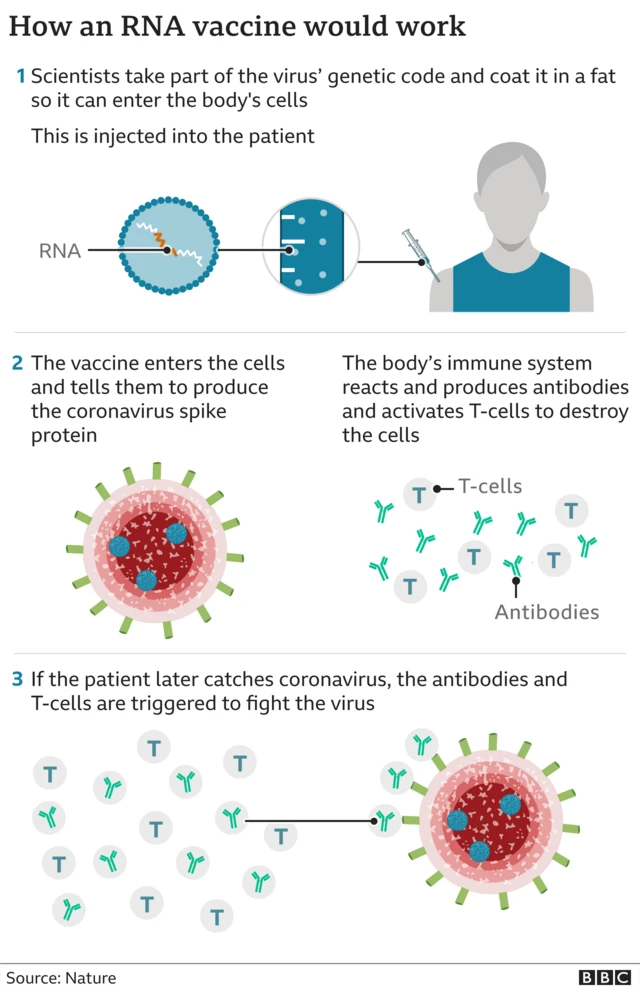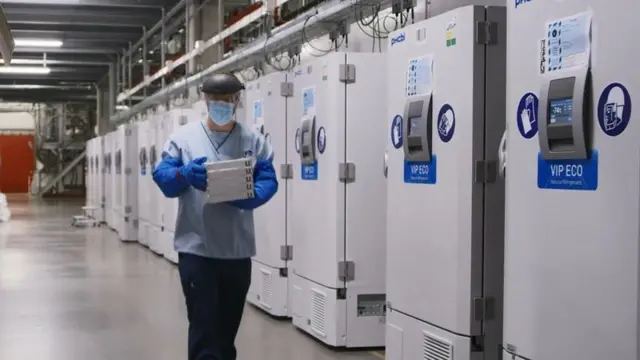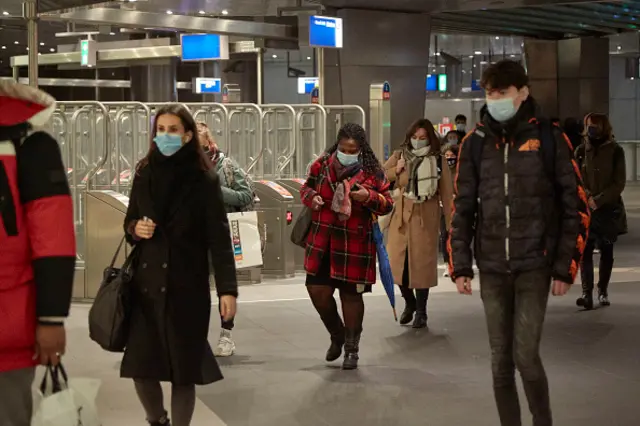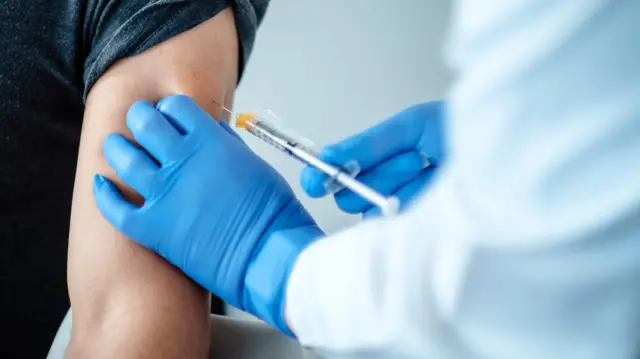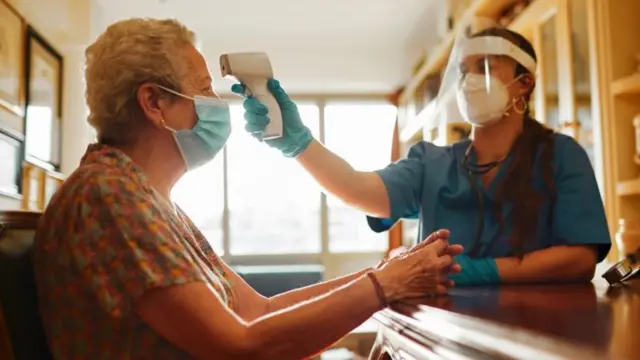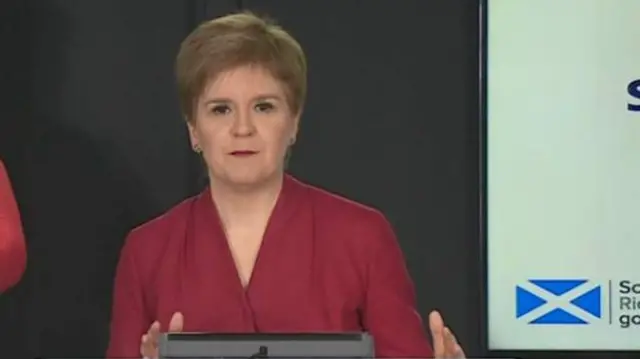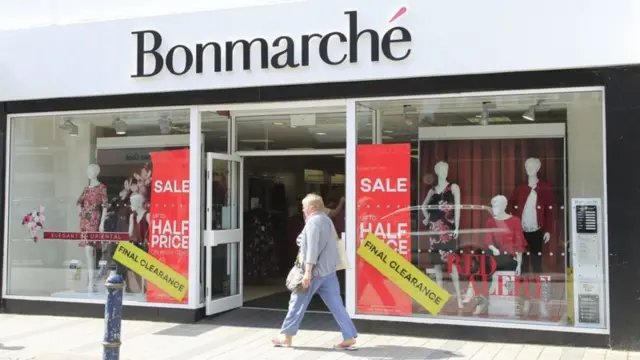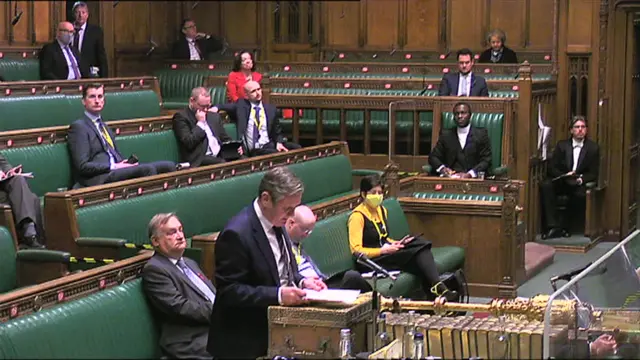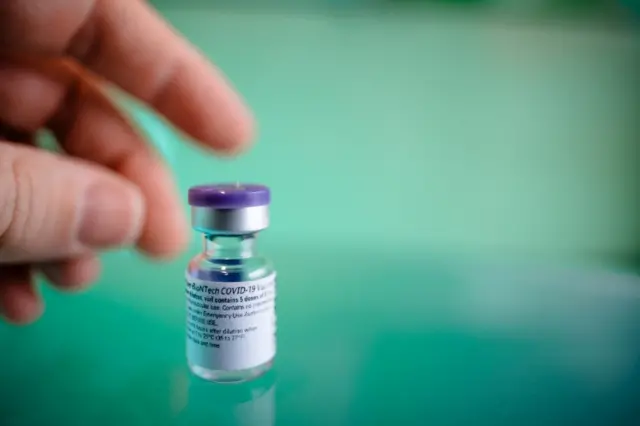Hancock offers to get jab alongside Ashworthpublished at 14:06 GMT 2 December 2020
The health secretary tells the Commons that vaccinations saves lives, and agrees to appear together with his opposite number - shadow health secretary Jon Ashworth - to get vaccinated together.
He jokes: "I recommend we have a professional vaccinating us of course. I don't think he'd trust me to do that."
There may be a theme emerging. During a breakfast TV interview, Mr Hancock agreed to be vaccinated alongside GMB presenter Piers Morgan to try to get his public health message across.

